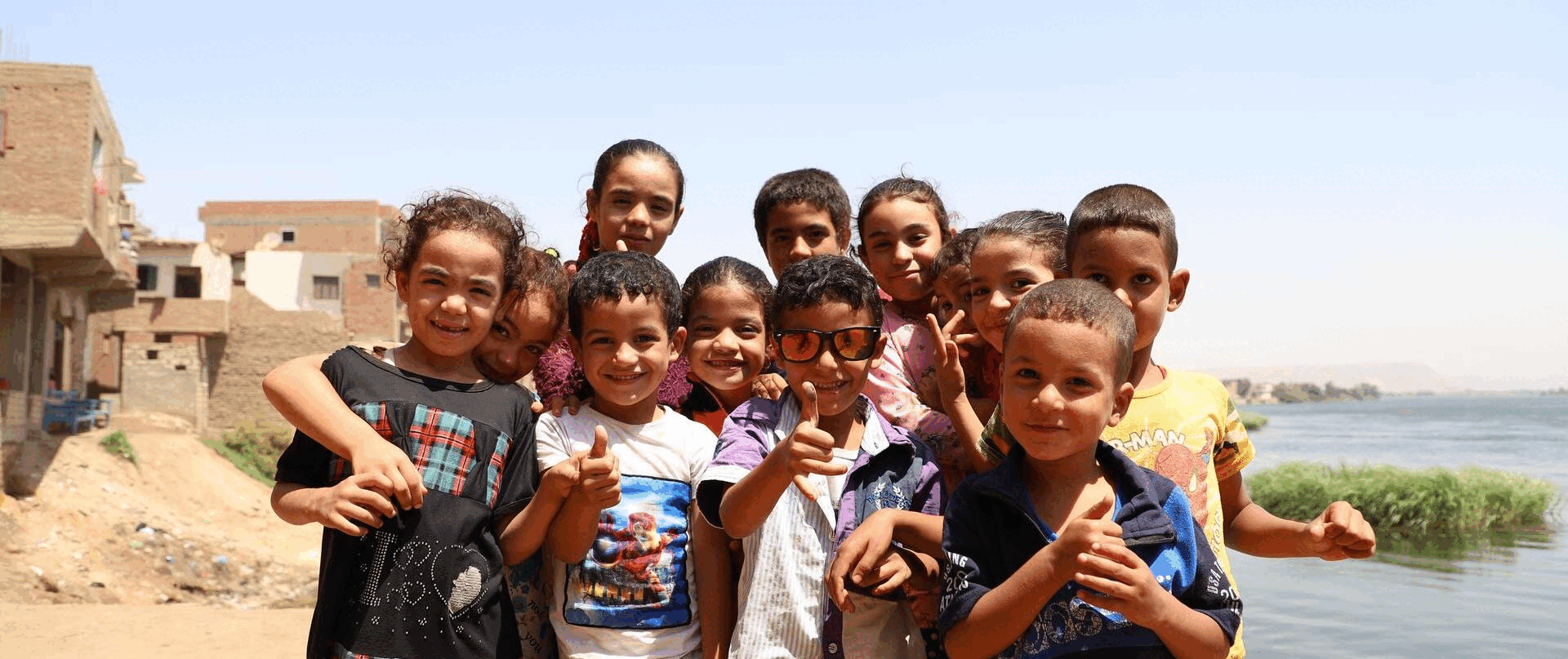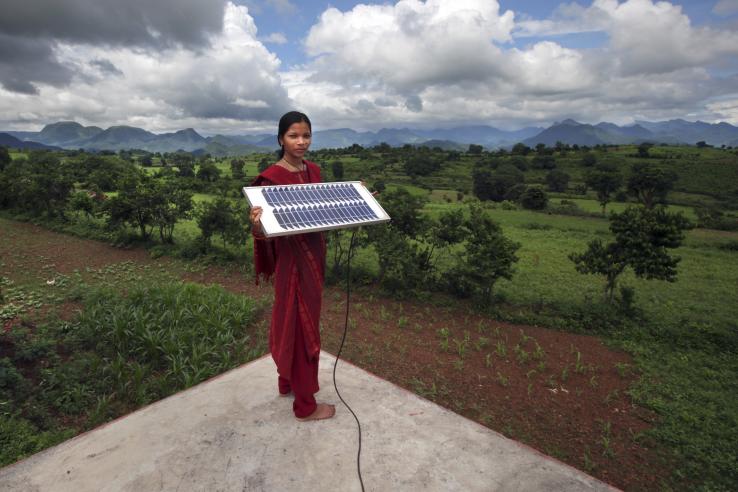Displaying 6886 - 6900 of 8061
Blog
The EIL’s integration into the formal structure of the National Institute for Governance and Sustainable Development in 2024 marked a turning point in Egypt’s commitment to evidence-based governance.
Evaluation
Researchers evaluated the impact of offering either subsidized vocational training to unemployed youth or subsidized apprenticeships for firms on youth employment and earning outcomes in urban Uganda. Both forms of subsidized training led to greater skill accumulation, higher employment rates, and higher earnings for workers; however, the gains were larger for vocational trainees and were sustained over time.
Initiative
The King Climate Action Initiative (K-CAI) at J-PAL generates evidence and catalyzes the scale-up of high-impact policy solutions at the nexus of climate change and poverty alleviation in partnership with governments, NGOs, donors, and companies worldwide. K-CAI strives to build a movement of...
Person
Laura Feeney is the Co-Executive Director of J-PAL North America. Together with Vincent Quan, her Co-Executive Director, Laura leads the office’s efforts to reduce poverty by ensuring policy is informed by rigorous evidence in the North America region. Laura provides strategic direction to the...
Person
Person
Person
Person
Person
Person
Person
Tarun Timalsina is a Policy Associate at J-PAL Global, where he works with the Political Economy and Governance (PEG) and Crime, Violence, and Conflict (CVC) sectors. Tarun also supports J-PAL Global’s Governance, Crime, and Conflict Initiative (GCCI).
Person
Person
Sarah Kopper is the Director of the Alliance for Data, Evaluation, and Policy Training and the Associate Director of Research at J-PAL Global at MIT.
Event
El cambio climático no es solo una crisis ambiental; es una crisis humana que afecta de manera desproporcionada a las comunidades más vulnerables. El 27 de marzo se llevará a cabo el seminario internacional “Un futuro compartido: la urgencia de actuar contra el cambio climático” en la Pontificia...



